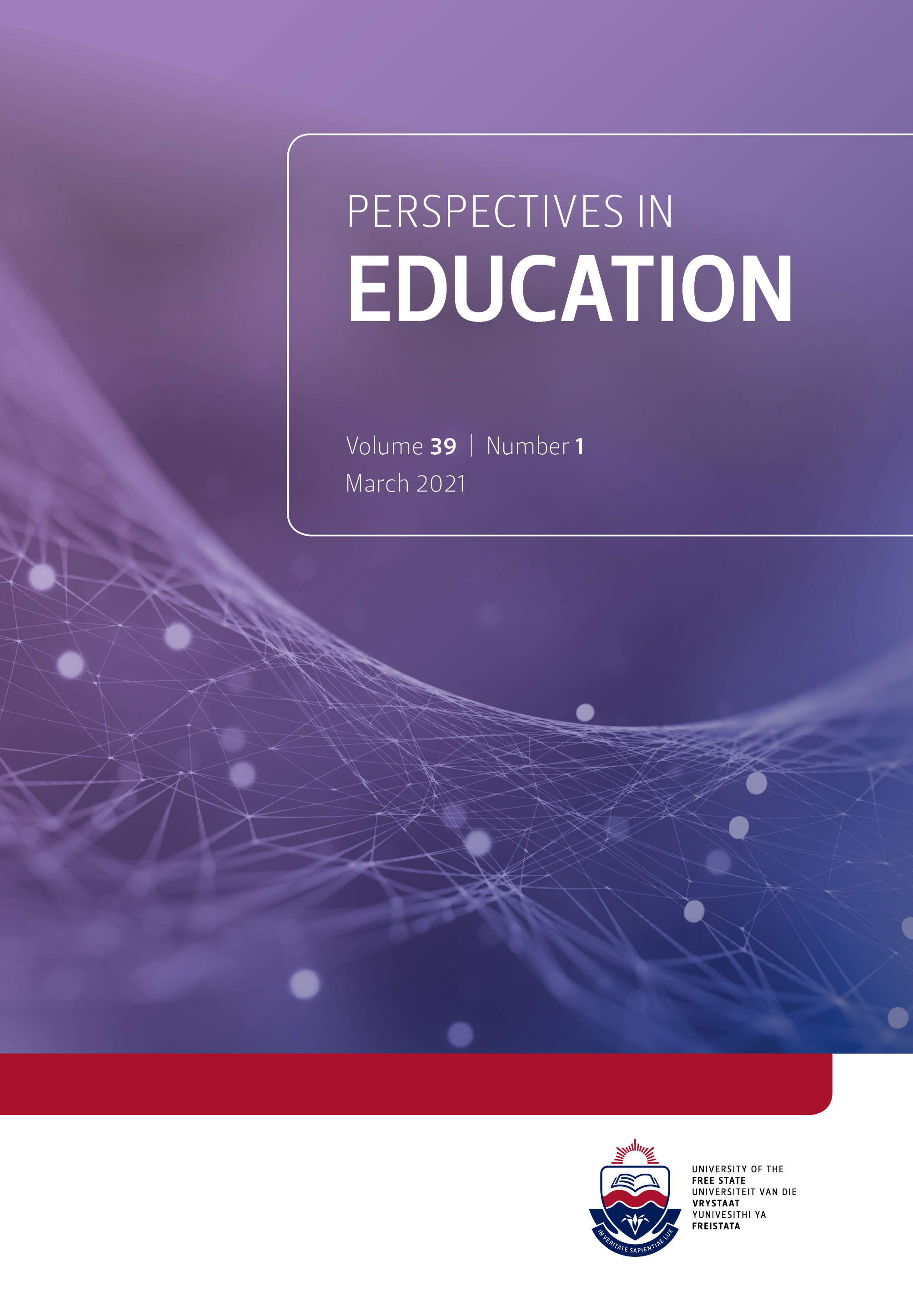COVID-19 challenges to access to education for learners living with severe disabilities: An education law perspective
DOI:
https://doi.org/10.38140/pie.v39i1.4806Keywords:
Learners living with disabilities, Inclusive constructive stakeholder engagement, Limiting rights of learners, Onus to act, Best interests of the childAbstract
Thro (2005:1) points out that the Supreme Court of the United States has recognised that “education is perhaps the most important function of state and local governments" because "it is doubtful that any child may reasonably be expected to succeed in life if he is denied the opportunity of an education”. He adds that the Court has stressed “the importance of education in maintaining our basic institutions …”
Thro’s summary of the American perspective on the importance of education to a person and a country is echoed in numerous national Constitutions and international treaties in which education (and access to education) is treated as a non-negotiable right of all the inhabitants of a country. Section 29(1)(a) of South Africa’s Constitution of 1996 provides that everyone (including children living with severe disabilities) has a right to a basic education, including adult basic education, Section 9(3 and 4) provide that neither the state nor any person may discriminate unfairly against anyone on the grounds of disability while Section 28(2) states unequivocally that a “child's best interests are of paramount importance in every matter concerning the child”.
People in South Africa had every right to expect that the new political dispensation beginning in 1994 would bring with it the fulfilment of all learners’ guaranteed educational rights. However, a review of the literature reveals that South Africa has left children living with severe disabilities in the lurch and that as many as 600 000 disabled learners may never have been to school (Nappy Run, 2019). According to Yates (2020), South Africa has 1179 public and independent special needs schools but not all South African children, including those living with severe mental disabilities, have access to their fundamental human right to education (Yates, 2020).
This article has its origin into reports that came to the authors’ attention of problems involving learners with severe disabilities following the return of such children to special needs education schools[1] after the relaxation of the COVID-19 lockdown measures. Even when following the Draft (COVID-19) Guidelines for Schools for the Learners with Intellectual Disabilities (DBE, 2020) meticulously, schools were confronted by new challenges for principals, teachers and parents to safeguard these and other learners’ right to education and to prevent large-scale disruptions of school activities.
As is the case with all actions and decisions taken regarding all learners, the relevant legal rules must be obeyed. Educators and other stakeholders involved need to know these rules. In this article, we will therefore view the problem from an education law perspective and attempt to provide all stakeholders with knowledge of the pertinent legal rules to enable them to address challenges that might arise in a legally acceptable manner. We will conclude with a brief reference to possible education management responses to the challenge. Such management initiatives also need to comply with legal prescripts that are still to be investigated before one can propose these responses confidently in that they comply with legal requirements.
[1] Although the schools are known, we cannot reveal their identities.
Downloads
##submission.downloads##
Published
How to Cite
Issue
Section
License
Copyright (c) 2021 Prof J.L. Beckmann, Prof J.M. Reyneke

This work is licensed under a Creative Commons Attribution 4.0 International License.









